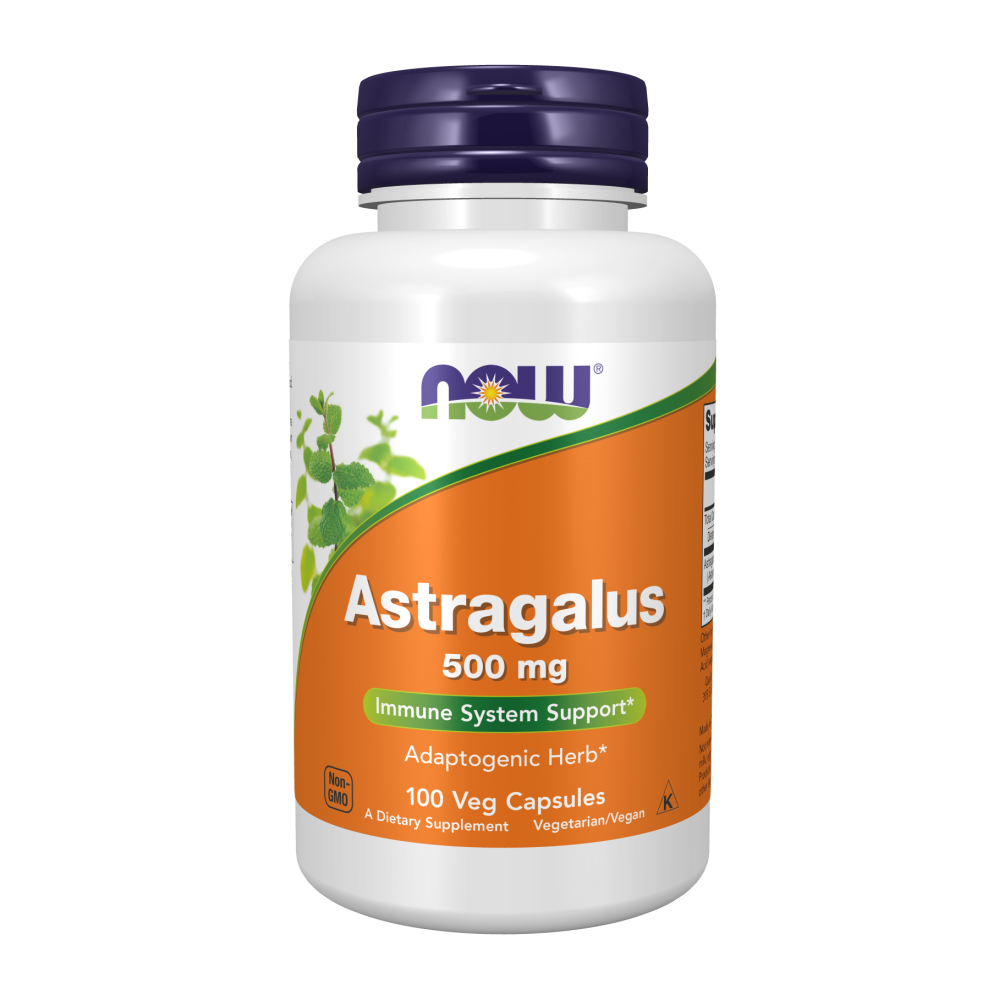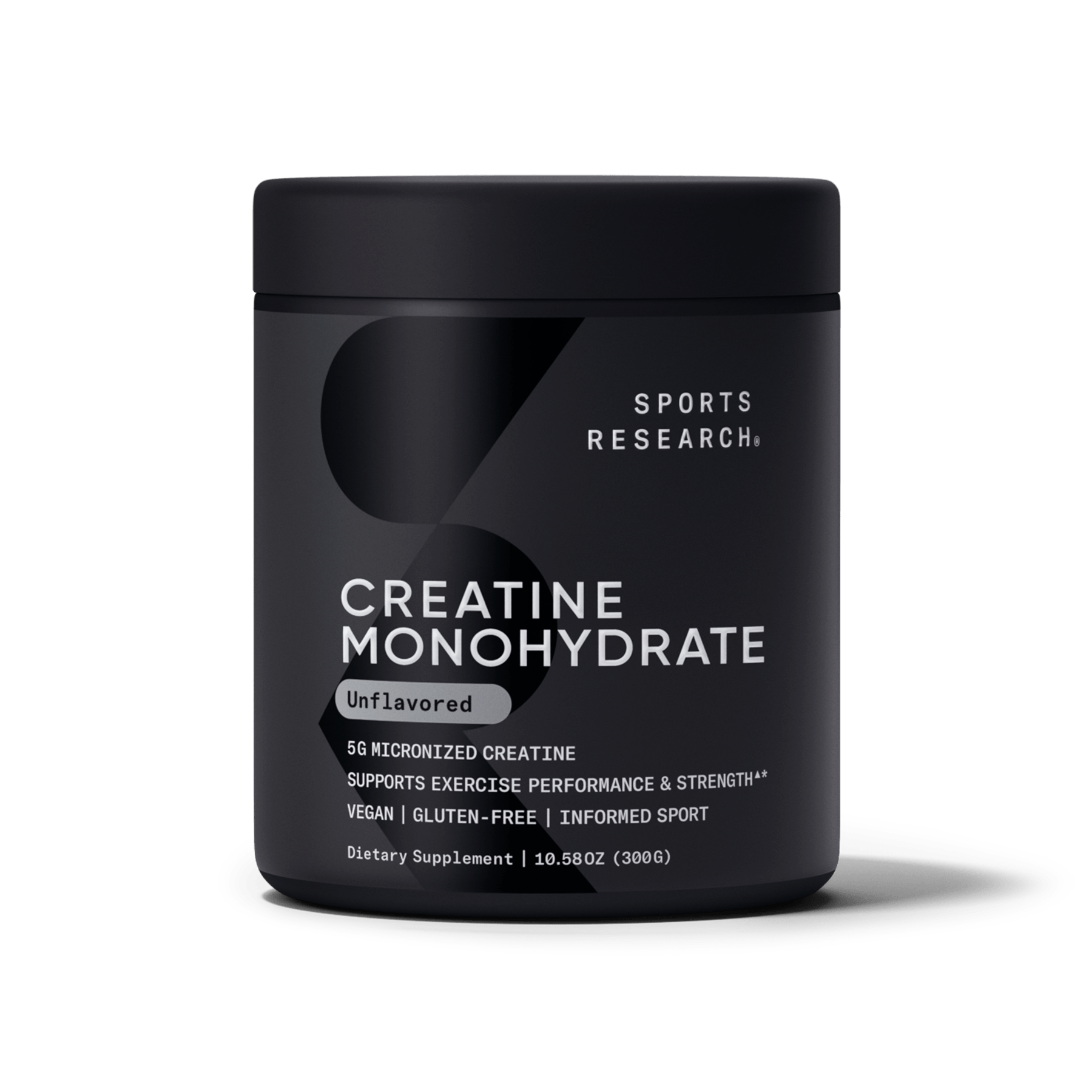If you feel stressed, anxious, or depressed, have high blood pressure, or have regular muscle spasms, you could be depleting your body’s magnesium levels. Magnesium is an essential mineral in the diet, but thanks to modern lifestyles, many people don’t get enough of it.
In this post, we discuss why your body needs magnesium, how you could be depleting your reserves, and, most importantly, what you can do about it.
Why you need magnesium
Research suggests that around 70% of Australians are deficient in magnesium. And that’s a problem. Magnesium is responsible for over three hundred chemical reactions in the body, including gene maintenance, protein formation, nervous system regulation, and muscle movement.
The symptoms of being low on magnesium can be severe. Patients may feel weak, have fatigue, or experience nausea and vomiting. They may also get more pins and needles, increased muscle spasms, or episodes of extreme drowsiness during the day.
Unfortunately, symptoms can form a downward loop that worsens the underlying deficiency if not addressed quickly. Low magnesium levels can actually reduce appetite, causing lower calorie intake and cutting concentrations of the mineral in the body still further.
Ways you could be depleting your body’s magnesium levels
Some factors contributing to low magnesium levels are outside of your control. Soil degradation and chemicals in the water supply, for instance, are environmental concerns that contribute to deficiency.
However, many causes of low magnesium levels are lifestyle-related. In other words, they have to do with your habits and how you live.
The following are some of the ways that you could be depleting your magnesium reserves and what to do instead.
You consume a lot of processed food and dairy
Research suggests that high dairy consumption may reduce magnesium levels in the body. Milk and cheese both contain high quantities of calcium which may block magnesium absorption in some people.
According to researchers, calcium-rich foods themselves aren’t necessarily the problem. The issue is foods that contain a high ratio of calcium to magnesium. The imbalance impairs the gut’s ability to remove the magnesium content, leading to deficiency over time.
A diet high in processed foods, such as lollies, refined flour, ready meals, and similar items, may also have a similar effect. While these foods do not contain much calcium, they are devoid of magnesium, a mineral the body requires consistently from foods throughout the day to keep concentrations at optimal levels.
To increase magnesium levels, reduce your consumption of dairy and increase the amount of fresh produce you consume. Fruits and vegetables contain ample magnesium in a bioavailable form. Try to include more avocado, broccoli, dark chocolate, nuts, seeds, bananas, and sprouts in your diet.
You drink a lot of coffee
Coffee may deplete magnesium levels for the same reason. Several lines of research suggest that it prevents the intestines from absorbing the mineral.
Lab studies, for instance, show that compounds in coffee reduce the ability of the intestinal lining to absorb magnesium from food. Substances block transporters, preventing them from doing their job effectively.
Similarly, epidemiological studies show that people who regularly consume coffee are much more likely to have lower magnesium levels. Critically, though, coffee doesn’t remove magnesium from the system. Rather, it prevents uptake which researchers say can lead to deficiencies over time.
The solution? Drink less coffee. Try to limit yourself to a single cup in the mornings, and abstain at weekends.
If you need a caffeine kick and really can’t get through the day without it, try consuming green tea instead. If you love the warming sensation of coffee, try substitutes, such as chicory.
You drink city water or filter your water at home
Natural water in rivers and streams is high in magnesium. However, city water is almost devoid of the mineral, and filtering it at home simply makes the problem worse.
Water companies remove magnesium (and other elements from drinking water) to reduce damage to their infrastructure. Mineral deposits on the inside of pipes shorten their life and increase firms’ capital expenditures (something they want to avoid).
Unfortunately, most people drink city water and don’t want to buy mineral water (which is high in magnesium) all the time. Therefore, their magnesium levels go down.
Again, the simplest solution may be to increase the consumption of high-magnesium foods (as discussed above) or to take a supplement.
Your alcohol consumption is excessive
Occasional alcohol consumption is unlikely to reduce the body’s magnesium levels significantly. However, if you drink to excess, you are at a higher risk of depletion. That’s because ethanol, the main component of alcohol, is a diuretic that strips magnesium and other minerals from the blood and releases them via the pee.
With that said, you have to consume a large quantity of alcohol for a significant length of time to deplete stored magnesium levels. Therefore, magnesium deficiency is only a serious risk for people living with alcohol dependency.
You consume a lot of sugar or have diabetes
Lastly, if you consume a lot of sugar (in refined form), then you could be at a significantly elevated risk of magnesium deficiency. That’s because high sugar levels in the bloodstream reduce magnesium absorption into cells and encourage the kidneys to excrete magnesium, and other electrolytes, faster.
If you have diabetes or consume a lot of sugar, consider switching your diet to consume more legumes, grains, and vegetables. Not only will doing this improve magnesium levels, but it will also boost your overall health.
Furthermore, you might want to consider taking a magnesium supplement. Supplementation reduces insulin resistance, improving blood sugar levels and reducing the need for the kidneys to remove so much magnesium from the system.
Conclusion
While some of the causes of magnesium deficiency are outside of your control, there are still many things you can do to boost your levels. Good advice includes reducing alcohol, coffee, sugar, dairy, and processed foods in your diet. You should also try to increase your consumption of fruits and vegetables, and consider taking a magnesium supplement.






